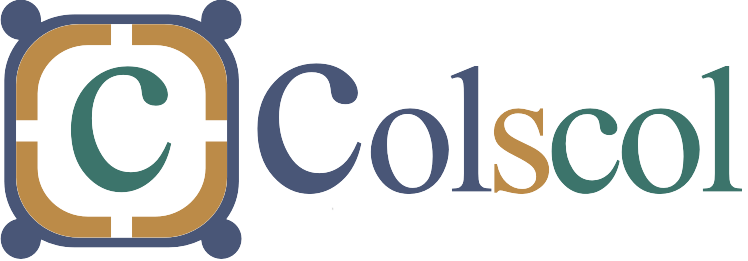CBSE syllabus always maintains a standard, If a student has trouble understanding a topic related to Economic, the student can go through questions and answers related to each topic covered in Class 11 Economic.
Some of the topics Covered include :
TOPICS
-
- Indian Economy On The Eve Of Independence
- Indian Economy 1950-1990
- Liberalisation, Privatisation And Globalisation : An Appraisa
- Poverty
- Human Capital Formation In India
- Rural Development
- Employment: Growth, Informalisation And Other Issues
- Infrastructure
- Environment And Sustainable Development
- Comparative Development Experiences Of India And Its Neighbours
1.A. Low Level Of Economic Development Under The Colonial Rule
1.B. Agricultural Sector
1.C. Industrial Sector
1.D. Foreign Trade
1.E. Demographic Condition
1.F. Occupational Structure
1.G. Infrastructure
2.B. Agriculture
2.C. Industry And Trade
2.D. Trade Policy: Import Substitution
3.B. Liberalisation
3.C. Privatisation
3.D. Globalisation
3.E. Indian Economy During Reforms: An Assessment
4.B. How Are Poor People Identified
4.C. The Number Of Poor In India
4.D. What Causes Poverty
4.E. Policies And Programmes Towards Poverty Alleviation
4.F. Poverty Alleviation Programmes—a Critical Assessment
5.B. Sources Of Human Capital
5.C. Human Capital And Human Development
5.D. State Of Human Capital Formation In India
5.E. Education Sector In India
5.F. Future Prospects
6.A. What Is Rural Development
6.B. Credit And Marketing In Rural Areas
6.C. Agricultural Market System
6.D. Diversification Into Productive Activities
6.E. Sustainable Development And Organic Farming
7.B. Participation Of People In Employment
7.C. Self-employed And Hired Workers
7.D. Employment In Firms, Factories And Offices
7.E. Growth And Changing Structure Of Employment
7.F. Informalisation Of Indian Workforce
7.G. Unemployment
7.H. Government And Employment Generation
8.B. Relevance Of Infrastructure
8.C. The State Of Infrastructure In India
8.D. Energy
8.E. Health
9.B. State Of India’s Environment
9.C. Sustainable Development
9.D. Strategies For Sustainable Development
9.B. Demographic Indicators
9.C. Gross Domestic Product And Sectors
9.D. Indicators Of Human Development
9.E. Development Strategies — An Appraisal





